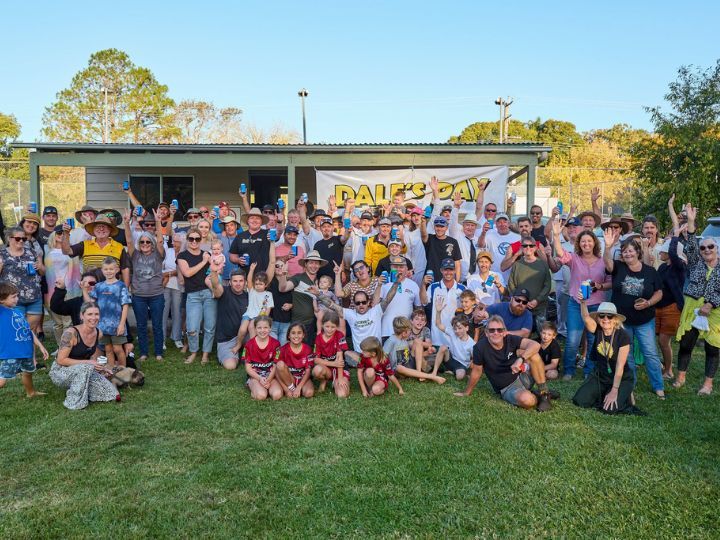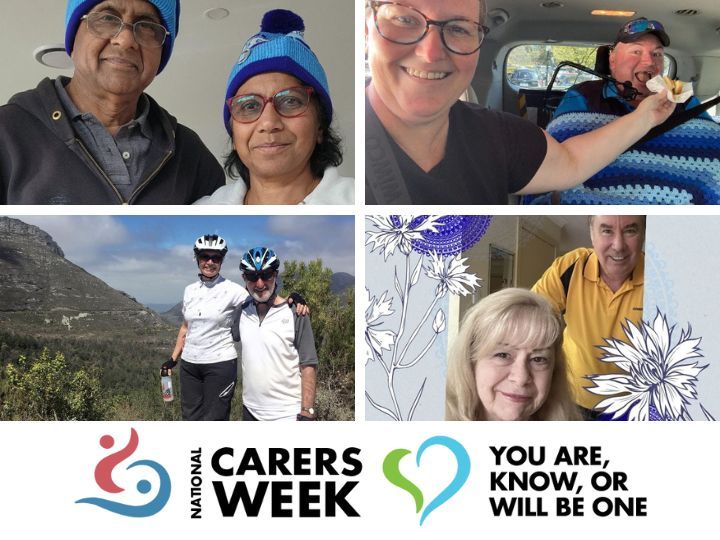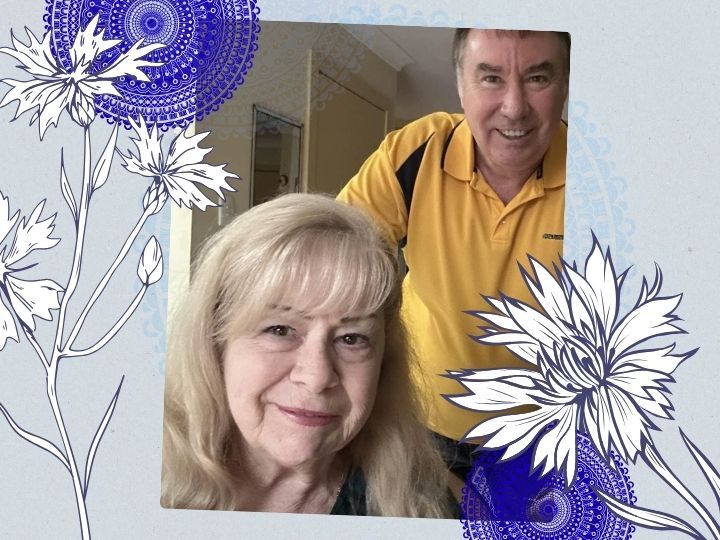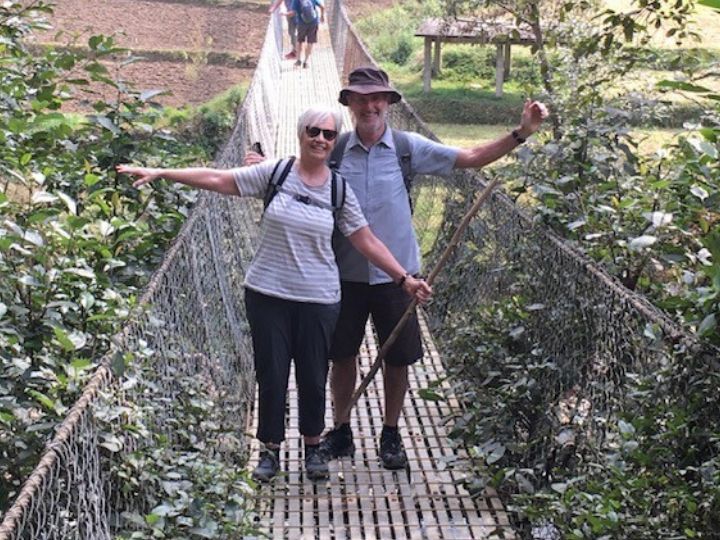Let’s put the D-word back on the table. Have a chat, make a plan and Get Dead Set this Dying to Know Day.
The D-word, death, for many of us, is confronting and not a topic of everyday conversation. The way we talk about death, our thoughts, feelings and choices are unique. They are influenced by our personal histories, our emotions and our spiritual and cultural obligations. Societal norms and values play a big part too. In Australia, conversations around death and dying have historically been taboo. This means that for many of us, we are not comfortable to talk about death, and for some, conversations about death might be off the table entirely.
The aim of Dying to Know Day is to remove the stigma from the topic of death. The campaign asks us all, regardless of our age or health status, to share our feelings about death, to talk about our preferences and choices and to make plans. It encourages us to get educated about services, like palliative care, so we know what our options are and where to find support when it’s needed. Here are some things to consider:
Undertake Advanced Care Planning
Advanced Care Planning involves meaningful discussions with your loved ones and your health and care workers about what matters most to you and the medical care and treatments you choose to accept.
In NSW, there are two ways you can record your choices:
1. Appoint an Enduring Guardian.
2. Complete an Advanced Care Directive.
Find out more about recording your choices in other states and territories.
Decisions an Enduring Guardian can make
An Enduring Guardian can make decisions about where you live, the services you receive, including healthcare, medical and dental services. They are legally appointed and can only make decisions when you are unable to. An Enduring Guardian cannot make decisions about financial or legal matters or make changes to an Advanced Care Directive, amongst other things.
What is an Advanced Care Directive?
An Advanced Care Directive is a document that grants you choice and control over your medical care should you not have capacity to make or communicate your decisions. A directive may include a list of medical treatments, care and interventions you accept or refuse. It may also include informaiton about your values, preferences and life goals, and the details of your chosen substitute decision maker. An Advanced Care Directive is legally binding and cannot be overridden. You do not require a lawyer to complete a valid directive, but you should discuss your directive with your GP and any other relevant health professionals. The NSW Government has created a form which you can choose to use.
Have you updated your Will?
A Will is an important legal document that outlines who you have chosen as your executor and your wishes for your estate and assets. It may include instructions about legal guardianship for children under 18 years of age and information about religious and cultural choices for funeral arrangements. It is recommended that your Will is updated every five years or when there is a major life event.
Have you secured your Super by completing a Binding Death Benefit Nomination Form?
The best way to ensure choices about your Super arrangements are upheld is to complete a Binding Death Benefit Nomination Form with your chosen Super provider. Visit the Australian Tax Office website for information about Super death benefits or contact your chosen provider.
What do you imagine your send-off to be like?
Have a conversation about your wishes and preferences after death. You might imagine a small intimate funeral service, a big life celebration party or something in between. Cremation, burial, something else? You might want to be buried with other past family members at a local cemetery, or maybe you’re thinking about blasting your ashes into space or getting them pressed into a vinyl record of your favorite song – you can actually do that! As grandiose or low fuss as it might be, take time to talk about how you imagine your send-off and give your loved one’s peace of mind that they are making the right arrangements for you.
Further information
Visit the Dying to Know Day website for more information about how to Get Dead Set, including additional resources and events. Contact your local MND Advisor or our Info Line on 1800 777 175 for a free hard copy of the End-of-life care: A guide for people living with MND. The guide includes informaiton about organising financial, legal and other personal affairs.




